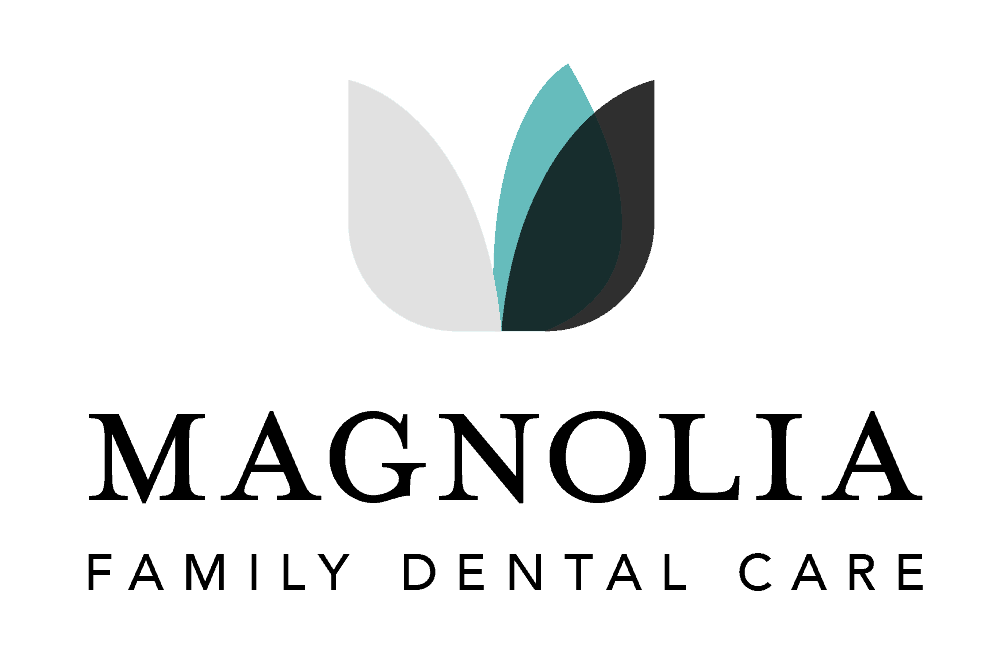24 Aug What Is The Best Mouthwash To Use?
The Best Mouthwash to Use

Mouthwash has long been a staple in oral hygiene routines, often seen as a quick and easy way to freshen breath and promote oral health. However, with so many options on the market, determining the best mouthwash to use can be challenging. This article will explore the different types of mouthwash, their effectiveness, and what factors you should consider when choosing the best one for your needs.
Types of Mouthwash
There are several types of mouthwash available, each formulated for specific purposes:
- Antiseptic Mouthwash: Antiseptic mouthwash is designed to kill bacteria in the mouth. It often contains ingredients like chlorhexidine, cetylpyridinium chloride, or essential oils. This mouthwash is commonly recommended for people with gum disease, as it helps reduce plaque, gingivitis, and bad breath. However, long-term use of antiseptic mouthwash can sometimes lead to side effects such as tooth staining and taste disturbances.
- Fluoride Mouthwash: Fluoride mouthwash is specifically formulated to strengthen tooth enamel and prevent cavities. It contains sodium fluoride, which helps remineralize teeth and protect against decay. This mouthwash is particularly beneficial for individuals prone to cavities or those living in areas with non-fluoridated water. However, it’s important to note that while fluoride mouthwash can be a valuable addition to your oral care routine, it is not a substitute for regular brushing and flossing.
- Cosmetic Mouthwash: Cosmetic mouthwash primarily focuses on freshening breath rather than addressing underlying oral health issues. It typically contains flavoring agents and alcohol but does not offer significant benefits in plaque reduction or cavity prevention. While cosmetic mouthwash can quickly fix bad breath, it is not a long-term solution for maintaining oral health.
- Natural Mouthwash: Natural mouthwash is made from plant-based ingredients and is free from artificial chemicals, alcohol, and synthetic flavors. It often contains essential oils like tea tree, peppermint, or eucalyptus, which have antibacterial properties. Natural mouthwash is a good option for individuals seeking a gentler, chemical-free alternative, but its effectiveness can vary depending on the formulation.
- Therapeutic Mouthwash: Therapeutic mouthwash targets specific oral health issues, such as dry mouth (xerostomia) or sensitive teeth. It may contain ingredients like xylitol for dry mouth relief or potassium nitrate for sensitivity reduction. Dentists typically recommend therapeutic mouthwash for individuals with specific oral health concerns.
How Effective Is Mouthwash?

The effectiveness of mouthwash largely depends on your type and the specific oral health issues you are addressing. Here’s how different mouthwash measure up:
- Plaque and Gingivitis Control: Antiseptic mouthwash are particularly effective in controlling plaque and gingivitis. Studies have shown that mouthwashes containing chlorhexidine can reduce plaque by up to 60% and gingivitis by up to 50%. However, these mouthwashes are usually recommended for short-term use due to the potential for side effects.
- Cavity Prevention: Fluoride mouthwash is highly effective in preventing cavities. Regular use can reduce the incidence of tooth decay by up to 50%. It works by strengthening the tooth enamel and making it more resistant to acid attacks from bacteria in the mouth. However, it should be used with fluoride toothpaste for maximum effectiveness.
- Bad Breath (Halitosis) Control: Cosmetic mouthwash is effective in temporarily masking bad breath but does not address the root cause. For more lasting results, antiseptic or natural mouthwashes with antibacterial properties may be more effective in reducing the bacteria responsible for bad breath.
- Dry Mouth Relief: Therapeutic mouthwash designed for dry mouth can effectively relieve symptoms. These mouthwashes often contain ingredients like xylitol, which stimulates saliva production, relieving individuals with xerostomia.
- Sensitivity Reduction: Mouthwash formulated for sensitive teeth can help reduce discomfort associated with hot or cold foods and drinks. These mouthwashes often contain ingredients like potassium nitrate, which works by calming the nerves in the teeth.
Choosing the Best Mouthwash
When choosing the best mouthwash, consider your specific oral health needs:
- For General Oral Hygiene: If you have healthy teeth and gums, a fluoride mouthwash is a good choice for maintaining oral health and preventing cavities. It’s also suitable for children and adults alike.
- For Gum Disease or Plaque Control: If you have gum disease or high plaque levels, your dentist may recommend an antiseptic mouthwash containing chlorhexidine or essential oils. However, it is important to use these mouthwashes as directed to avoid potential side effects.
- For Bad Breath: If bad breath is your primary concern, look for a mouthwash with antibacterial properties rather than just a cosmetic one. Natural mouthwashes with essential oils can also be practical and provide a more pleasant taste.
- For Dry Mouth: If you suffer from dry mouth, choose a therapeutic mouthwash formulated for xerostomia. Avoid mouthwashes with alcohol, as they can exacerbate dryness.
- For Sensitive Teeth: If you have sensitive teeth, a mouthwash designed for sensitivity can provide relief. Look for products containing potassium nitrate or other desensitizing agents.


Sorry, the comment form is closed at this time.